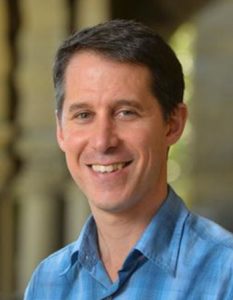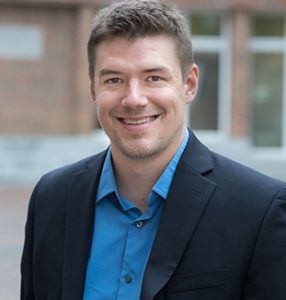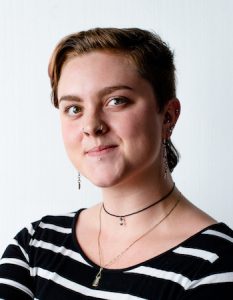How is GeoMatch impacting immigration and refugee resettlement?
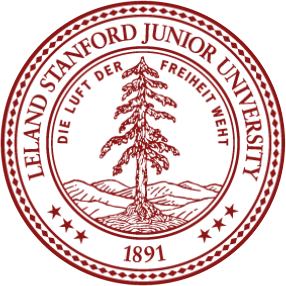
"With this project, there was a clear pathway to creating immediate, positive change in the world, making it stand apart from most academic research where impact often takes longer to materialize."

"I truly feel that [GeoMatch] streamlines the process. It helps us save manpower. It helps us save money. We're able to have our staff working on other things instead of focusing on preparing to do placement."
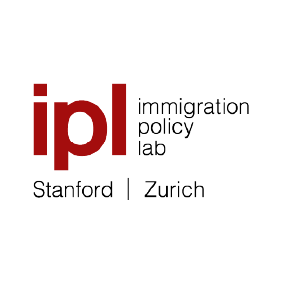
"The GeoMatch algorithm considers the capacity and resources available at potential locations in real time while also accounting for projected future arrivals. This ensures a more balanced and equitable distribution across locations."
Global Impact
GeoMatch has improved matches in 3 countries and 29 U.S. states.

United States
Launched in 2023

9,000
refugees placed
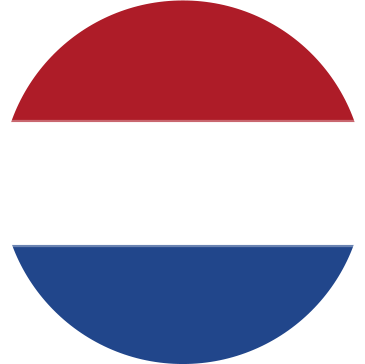
Netherlands
Launched in 2024

560
asylum seekers placed so far during pilot project

Switzerland
Launched in 2020

2,200
asylum seekers placed so far during pilot project
Case Study
Streamlining Refugee Resettlement: GeoMatch’s Partnership with Global Refuge
When Global Refuge was looking for a way to improve refugees’ job prospects, they didn’t know they would also end up with a tool that streamlined the complex task of refugee placement.
GeoMatch in the Media
This algorithm can help resettle refugees by giving them a better shot at employment
When refugees arrive in a new country, everything is unfamiliar. Most countries just assign refugees to cities completely at random -- or according to where the open spots happen to be when the person arrives. But a new algorithm developed by Stanford's Immigration Policy Lab could use refugees' backgrounds to match them with their ideal cities -- vastly improving their chance at employment and integration.
Canada working on use of artificial intelligence to help immigrants prosper
Ottawa is eyeing artificial intelligence developed by researchers at Stanford and Zurich Universities to help immigrants to Canada settle in the place where they are most likely to prosper.
How AI could ease the refugee crisis and bring new talent to businesses
Overwhelmed resettlement agencies are struggling to place millions of refugees in a timely manner. A study by Elizabeth Paulson shows how AI can efficiently match refugees with host countries based on employment potential, which could streamline the resettlement process and help host countries expand their labor markets.
Using Machine Learning To Help Refugees Succeed
A new set of machine learning tools is helping countries place refugees where they’re most likely to find employment.
What headlines don't tell you about global migration, and what Stanford researchers can
Researchers are filling critical migration data gaps and studying how people are on the move in new and different ways.






